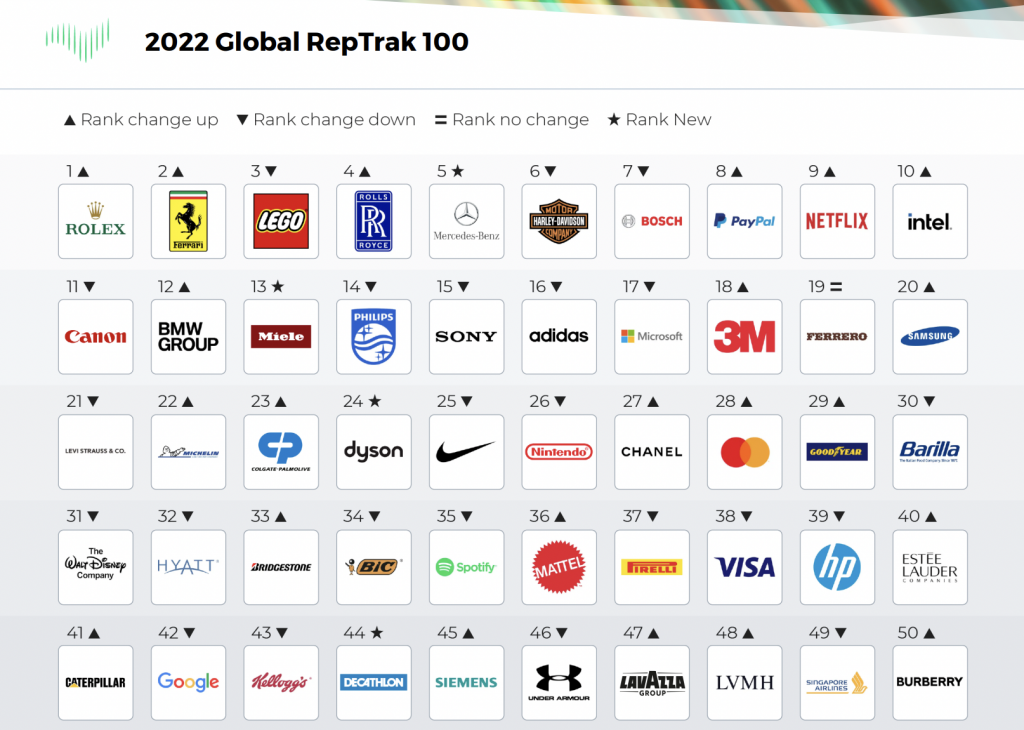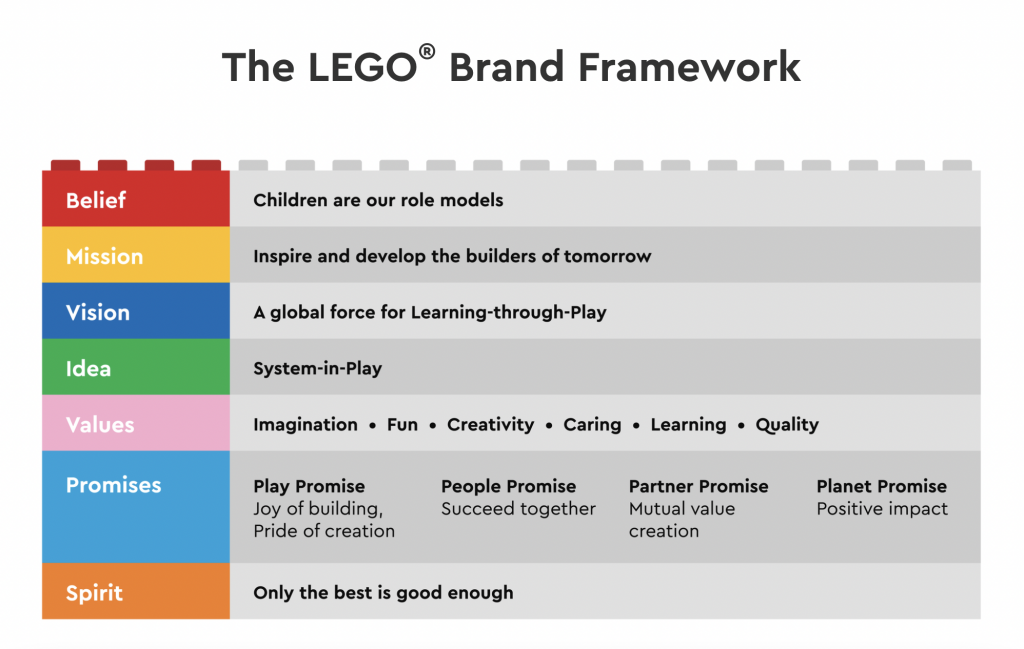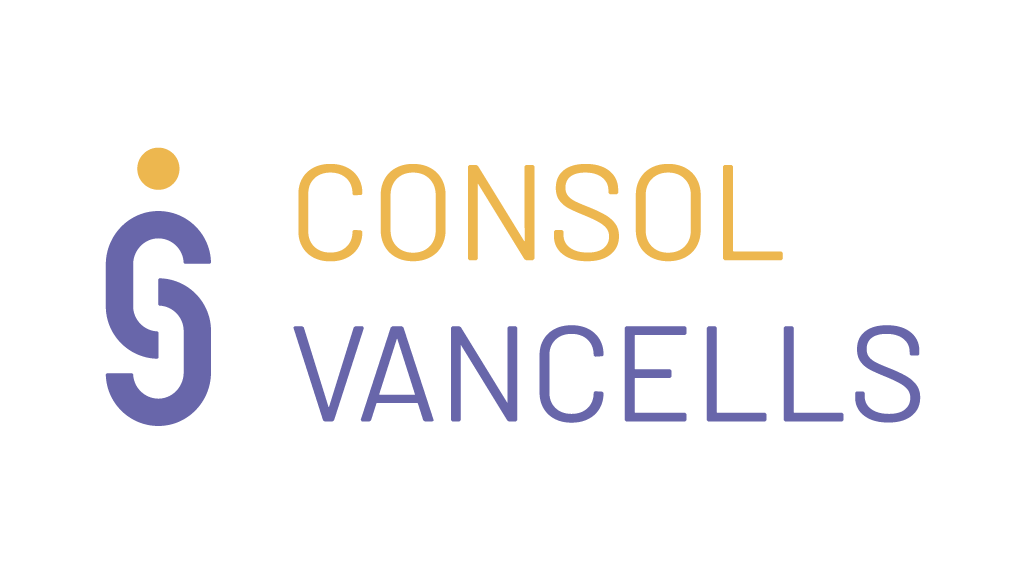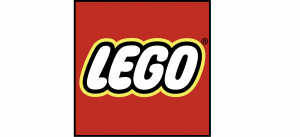Today I had the opportunity to look at the 2022 Global RepTrak® 100 (GRT), a ranking of corporate reputation that, for the 10th consecutive year, identifies the perception, attitude and relationship that people have with the most important companies in the world.
You can see the full report here, but let me advance the first fifty brands with this screenshot (sorry for the spoiler!) and also some reflections:

It strikes me that none of the BIG FIVEs are among the top 10 companies with the best reputation in the world. In fact, it is not until number 17 that we find Microsoft, which last year was in the 9th position!. And for the rest, Google appears the 42nd, Apple the 64th, Amazon at the 85th and Facebook doesn’t even appear !
NETFLIX is the only platform that appears among the best brands: #COVIDeffect?. GRT attributes the decline of Social Media in this ranking to the infoxication of our times. And probably to Facebook’s bad practices!
… Probably because, and I quote: “Nearly two-thirds (63%) of global consumers prefer to buy goods and services from companies that ‘stand for a purpose that reflects their values and beliefs’ “.
And I link this to the drivers of reputation identified, related to the so-called Branding with purpose, with companies that work for the good common, from an ethical leadership, for the sake of their stakeholders and the society in which they operate. The main drivers are (I quote again):
- Products and services The quality and value of your products and services, including customer experience and customer support.
- Innovation As an innovator it is a company, if it is the first to market and adapts quickly to changes.
- Workplace If a company cares about the health and well-being of employees, and their ability to offer fair rewards and equal opportunities in the workplace.
- Conduct. Business ethics, including fairness, openness, and transparency in your business practices.
- Citizenship (I prefer to call it the “Common good” ). How environmentally friendly a company is, its ability to support good causes and have a positive impact on society.
- Leadership The vision of a company, the quality of its leader and executives, and the effectiveness of management.
- Performance The financial results of a company, including the prospects for profitability and growth.
- Media and Reputation: They also refer to the influence between media and reputation and how they are related. Your good or bad practices are explained by the media but also the media’s focus on what issues may affect the company’s reputation.
Finally, it would be interesting to assess where the best reputation of a brand lies: to become one of the top 10 of the reputation ranking or to stay there? We should explore why Lego is the only brand that has always been in the top 10, since the beginning of this ranking (2012). Here’s a clue …

Still another question: how is it that 5 the 10 most reputable brands in the world are luxury brands (Rolex, Ferrari, Rolls Royce and Mercedes-Benz), for very minority audiences? Five, if we include Harley Davidson.
And last but not least: Unilever is a benchmark of the best branding with purpose (a solid future trend, see Net Positive: How Courageous Companies Thrive by Giving More Than They Take ) and they are only in the position 89th?
Something does not match here. According to the Corporate Knights’ 2022 ranking of the world’s 100 most sustainable corporations (based on an assessment of nearly 7,000 public companies with revenue over US$1 billion), the top 10 list is completely different, and the winners are: Unilever, Patagonia, Natura&Co., Ikea, Interface, Danone, Microsoft, Nestle, Tesla and Orsted.
In my mother tongue, catalan, I would say here “fes-ho bé i fes-ho saber” (do it right and let it be known).
The debate is open.






